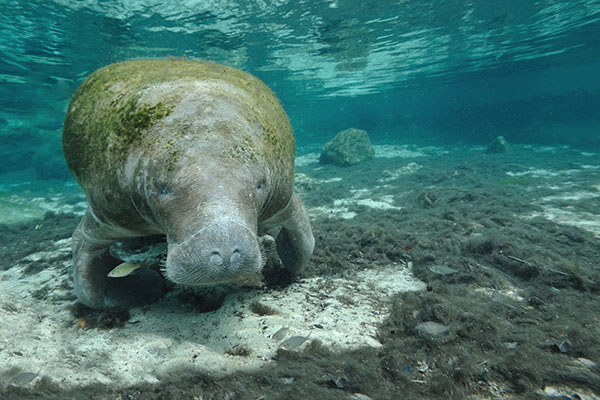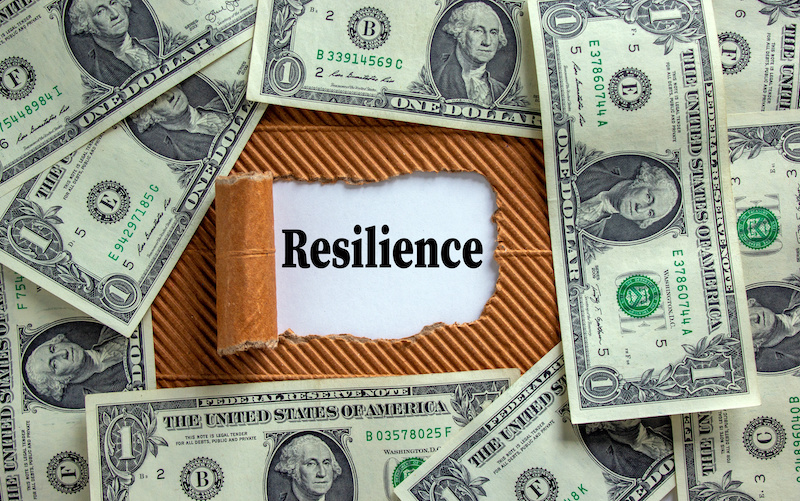Marine Mammal Laws
Key News ContributorDecember 24, 2018

Marine Mammal Laws
Every boat I have ever been on, when someone yells “Dolphin!” all activity stops and everyone runs to see the dolphins playing near the boat. This is a natural reaction to something so beautiful and majestic. Through the years though I have discovered that many people do not know or understand the laws and regulations put in place by the Marine Mammal Protection Act (MMPA) of 1972. Not knowing the laws seem to get people in trouble more than it is worth, so before your next ocean adventure read through this article and learn what you can and cannot do with marine mammals.
What is the MMPA for?
The MMPA was established to responsibly conserving our marine mammals. The MMPA places a moratorium, or suspension of taking and importing marine mammals and their products.
Who manages marine mammals?
This is divided between the Fish and Wildlife Service and the National Oceanic and Atmospheric Administration.
What Marine Mammals will you find around Key Biscayne?
Marine mammals consist of Dolphins, Whales, Porpoises, and Manatees. While manatees and bottle nosed dolphins are more commonly seen in coastal areas, there are several found off shore. However, a North Atlantic Right Whale may be spotted from shore. If you are fortunate enough to see one of these magnificent giants, please report it to the Fish and Wildlife Service immediately (see contact info below).
What are the laws around Marine Mammals?
| Don’ts | Do’s |
| Annoy, Molest, Harass, or Disturb | Watch from a minimum distance of: – 50 yards for dolphins and manatees – 500 yards for whales |
| Attempt to do any other the above | Report any sick, injured, dead, or tagged animals to the Fish and Wildlife Commission |
| Feed, Pursue, Touch, Hurt, or Capture | Report strandings to the Fish and Wildlife Commission |
| Possess any part of a marine mammal | Follow posted speed warnings |
What are takings?
The MMPA prohibits, with certain exceptions, the “take” of marine mammals in U.S. waters and by U.S. citizens on the high seas, and the importation of marine mammals and marine mammal products into the U.S. Taking a marine mammal under the MMPA includes “harassing, hunting, capturing, killing or collecting, or attempting to harass, hunt, capture, kill or collect.”
What is harassment?
The Fish and Wildlife Commission defines harassment as “any intentional or negligent act or commission which creates the likelihood of causing an injury to a manatee by annoying it, disturbing normal behavioral patterns including, breeding, feeding, or sheltering.”
If you would like to know more about manatees, please visit the Fishing and Wildlife Commission website. If you see a sick, injured, dead, or tagged or unique marine mammal call 1.800.404.FWCC(3922) and visit myfwc.com.
Remember, these are wild animals so it is ILLEGAL to approach a stranded marine mammal.
Exceptions
The exceptions apply to animal care centers, researchers, and aboriginal people. They all must obtain permits through the U.S. government. You may see NOAA Fisheries or volunteers of the Marine Animal Rescue Society conducting research or responding to marine mammals in distress. These entities are permitted to do so. If you are interested in learning more about getting involved with stranding response, please contact the Marine Animal Rescue Society at 305-546-1111.


